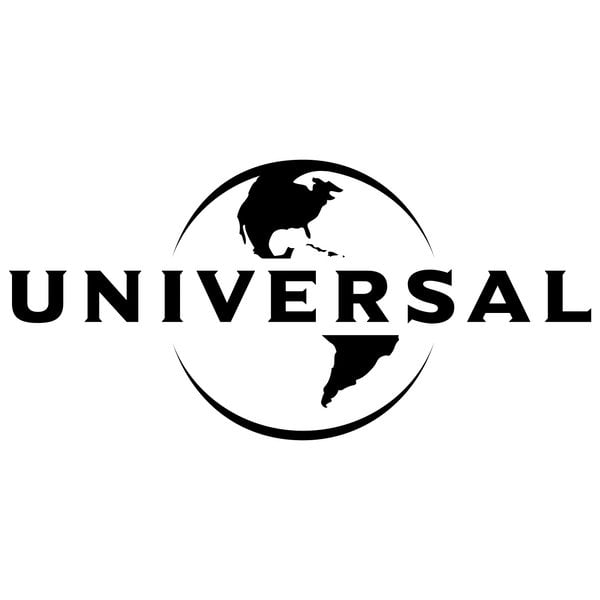

“I can’t change what has happened to you in the past – but if we work together, we may be able to put your pain to some productive use."
It was the line that The New York Times (NYT) investigative reporter Megan Twohey offered to fellow NYT journalist Jodi Kantor; an appeal to the women who were too afraid to talk.
The women who were the survivors of Hollywood producer mogul, Harvey Weinstein.
Up until October 2017, he was untouchable. But the relentless investigation of Kantor and Twohey brought the allegations to light: Sexual abuse and rape.
But not only did Kantor and Twohey manage to get ex-Weinstein employees and Hollywood actresses to go on the record, and see Weinstein face justice; their work propelled a cultural awakening.
In 2019, the Pulitzer-Prize winning duo penned She Said: Breaking the Sexual Harassment Story That Helped Ignite a Movement, the critically-acclaimed page-turner took readers behind the scenes on how they managed to bring down Weinstein.
And now, it’s been adapted into a movie.
On November 17, Universal Pictures brings She Said to the big screen, directed by Maria Schrader and starring Carey Mulligan, Zoe Kazan, Patricia Clarkson, Andre Braugher, Samantha Morton, Tom Pelphrey and Adam Shapiro.
Watch the trailer for She Said. Story continues below.